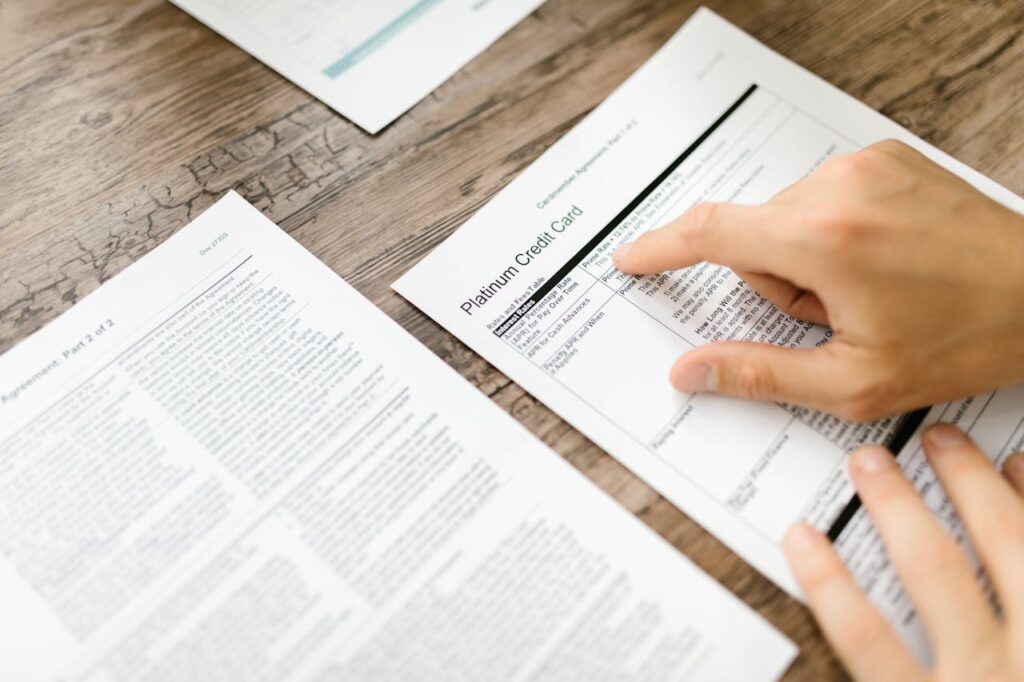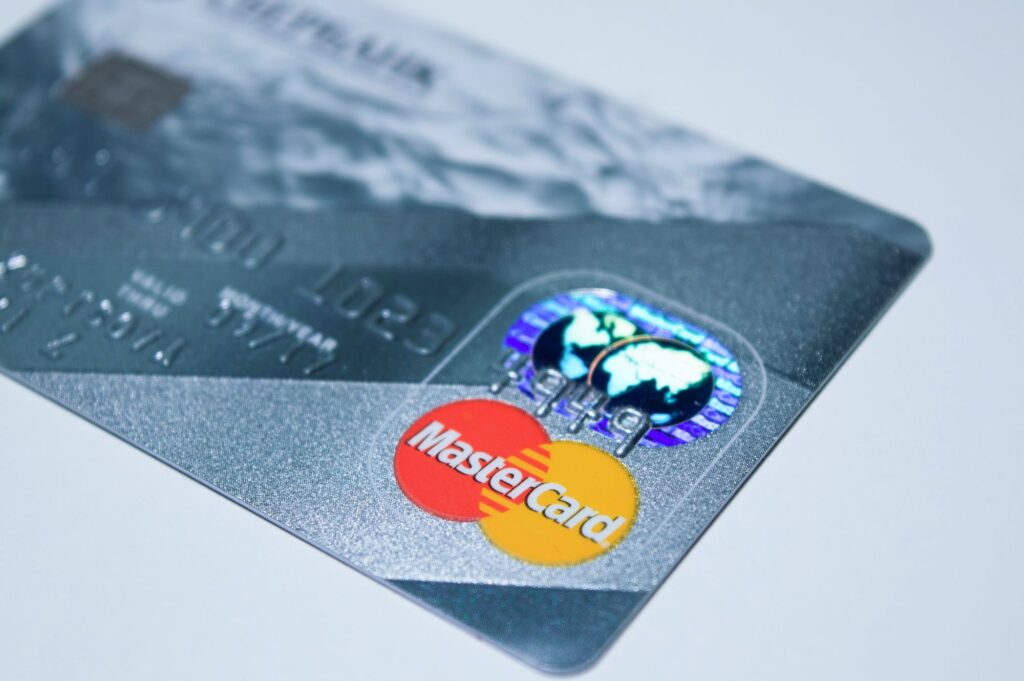Credit cards can be convenient for shopping and managing expenses, but they also come with some risks. Many people may not realize how quickly debt can accumulate if balances aren’t paid off each month. Additionally, using credit cards can sometimes lead to overspending, as it’s easy to lose track of how much you’re spending.
In this article, we will discuss the risks of credit cards and why it’s important to be aware of them. Understanding these risks can help you make smarter choices with your finances.
The Risks of Credit Cards
As I mentioned in my previous post about the benefits of having a credit card, they can be a useful tool for managing your finances. However, it’s important to recognize that credit cards also come with several risks. Here are the key risks associated with using credit cards:
1. Accumulating Debt
One of the biggest risks of credit cards is accumulating debt. It’s easy to forget that using a credit card means borrowing money, which can lead to overspending on unnecessary items. If you don’t pay your balance in full each month, high-interest charges can add up quickly, making your purchases cost much more over time. This can create a cycle of debt, leading to financial stress and reliance on credit for everyday expenses.
To avoid this risk, track your spending by keeping a record of your purchases and checking your statements regularly. Additionally, set up automatic payments or reminders to ensure you pay your bills on time. By being proactive and responsible, you can prevent accumulating debt and maintain your financial health.
2. Overspending

Another significant risk of credit cards is the temptation to overspend. Because credit cards allow you to borrow money, it’s easy to exceed your budget. Many people make impulsive purchases, thinking they can pay them off later, which often leads to regret when the bill arrives. This can cause anxiety and disrupt your financial goals, making it harder to save for important expenses.
To combat this risk, it’s essential to create a budget that outlines your income and expenses. Allocate specific amounts for discretionary spending and stick to this budget before making purchases. Additionally, consider using cash for everyday expenses to increase awareness of your spending. Implementing a waiting period for non-essential purchases can also help you reflect on your choices. By being disciplined and mindful, you can avoid overspending and protect your financial health.
3. Impact on Your Credit Score
Missing payments can significantly harm your credit score, which is crucial for your financial health. Your credit score reflects your reliability in handling borrowed money, and missing payments can lead to a sharp decline in this score. A lower credit score can make it harder to secure loans or rent an apartment, as lenders and landlords view you as a higher risk.
To prevent these issues, set up reminders for payment due dates using your phone or calendar. Better yet, the best way to avoid the risks associated with credit cards is to establish automatic payments through your bank. By taking these proactive steps, you can maintain a positive credit score. Remember, it’s never too late to build your credit history and improve your financial future.
4. Hidden Fees

Many credit cards come with hidden fees that can catch you by surprise and negatively impact your finances. Common fees include annual fees, late payment fees, and cash advance fees.
Annual fees can vary significantly depending on the card, and if you’re unaware of them, they can take a bite out of your budget. Late payment fees can range from $25 to $40 and can also harm your credit score if you miss payments. Cash advance fees occur when you withdraw cash using your credit card, often accompanied by high-interest rates that start accruing immediately.
To avoid these unexpected costs, it’s essential to read the fine print and understand all fees associated with your credit card. Comparing different offers can help you find cards with lower fees and better terms. By staying informed about these charges, you can protect yourself from unnecessary expenses and manage your finances more effectively.
Understanding The Risks
In conclusion, while credit cards can be useful for managing your finances, it’s important to be aware of the risks of credit cards. Accumulating debt, overspending, missing payments, and hidden fees can all lead to financial trouble.
Therefore, it’s crucial to track your spending, create a budget, and set up reminders to pay your bills on time. Additionally, always read the fine print to understand the fees associated with your credit card.
By taking these steps, you can enjoy the benefits of credit cards while minimizing their risks. Remember, being informed and responsible is key to maintaining your financial health. With careful management, you can use credit cards wisely and avoid falling into debt.














